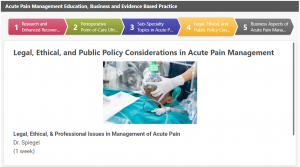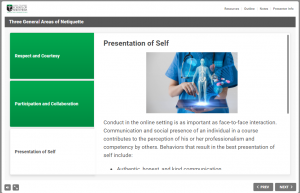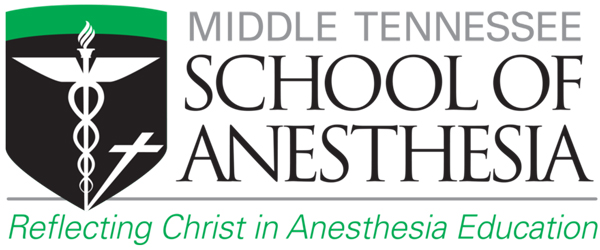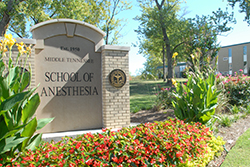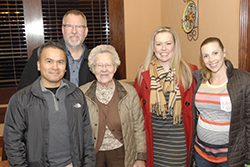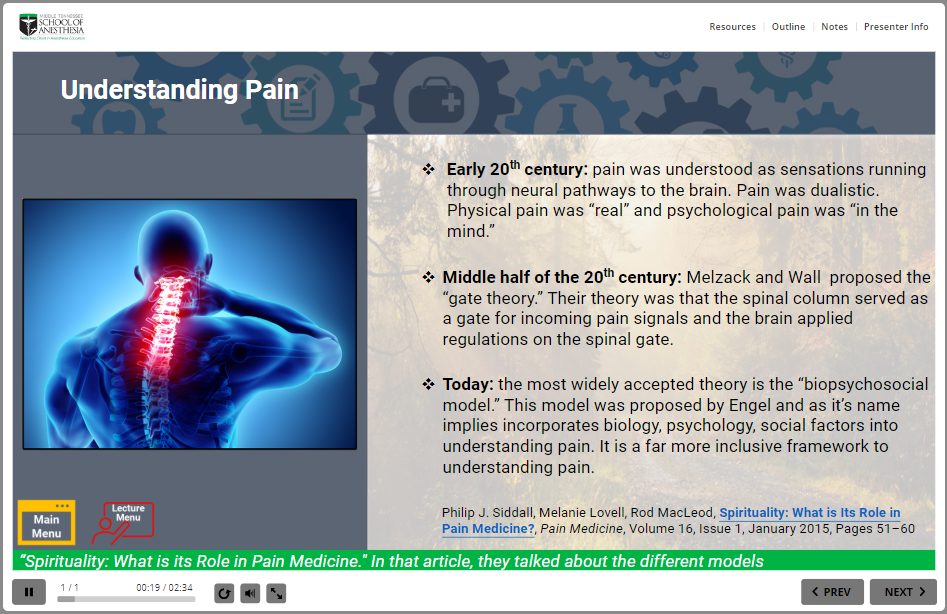
MTSA improving online learning modules
May 26, 2021
MTSA has begun the process of upgrading its online modules for the Acute Surgical Pain Management (ASPM) Fellowship, making two strategic hires to help manage the improvements.

Michael Morgan, MA, Instructional Design Specialist
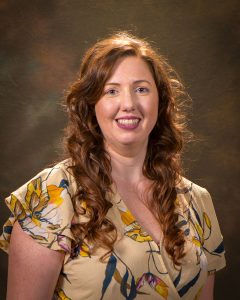
Deirdre Williams, BS, LMS & IT Support Specialist
Michael Morgan, MA, Instructional Design Specialist, and Deirdre Williams, BS, LMS & IT Support Specialist, are coordinating the efforts under the direction of Bill Johnson, DNAP, CRNA, Director of the Fellowship and DNAP Completion program.
“We originally built the Fellowship using content from 31 different faculty who had their own way of presenting the material,” Johnson said. “In order to provide more consistency, we’re overhauling our online modules to conform to a single template. All the content will be packaged into SCORMs (shareable content object reference models), which allow learners to navigate along a fixed set of paths through the material.”
“I’m taking existing course content and making it more interactive. So instead of clicking through a PowerPoint slide, there will be widgets and graphics that display animated information and clickable tabs to display text and images,” said Morgan, whose background includes instructional design and teaching experience at the University of Tennessee and Georgia State University, as well developing courses for corporations such as Verizon.
According to Johnson, other Fellowship content will be streamlined into smaller segments. For example, instead of watching an hour-long video, modules will allow students to navigate through different sections of the lessons at their own pace. In addition, students will have access to written transcripts of the lectures, and all the videos will have closed captioning so viewers can mute the audio and read the closed captioning as it’s being presented.
Further enhancements include knowledge checks and interactive learning assessments that students will do throughout the module, which also helps to break up the lecture. This helps reiterate what they’re learning with a series of questions, improving their knowledge retention, Johnson said.
“This process will take at least a year to fully complete, but we’re aiming to launch some of the new modules this fall with the new Fellowship cohort,” Johnson said, adding that MTSA’s goal is to transition all of its continuing education offerings to this interactive online approach, followed by the DNAP Completion program.
“I really enjoy this content because I know it’s meaningful, and it helps CRNAs become better at their profession, which helps patients with pain management. And the process of working with Bill and the team has been very constructive,” Morgan said.
